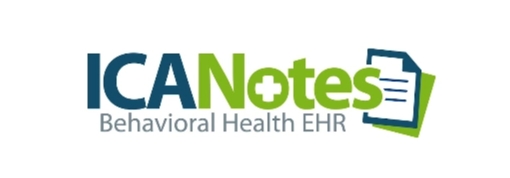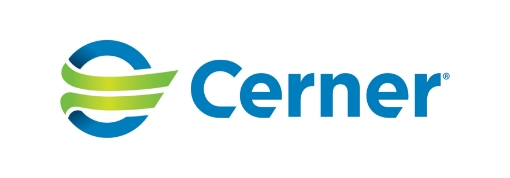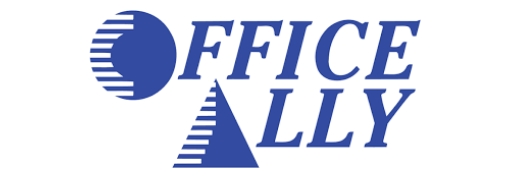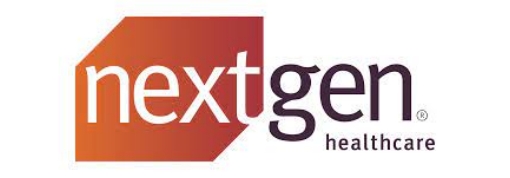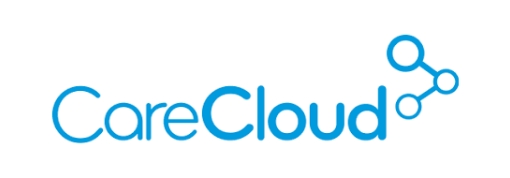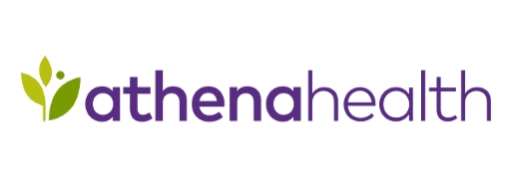Revenue Cycle Management
- Home
- Revenue Cycle Management
Each year, healthcare providers perform approximately 50 million procedures on patients. To collect revenue for these services, health systems must work closely with patients, doctors, and insurance companies. Healthcare organizations collect revenue through Revenue Cycle Management Company. Revenue cycle management services is key to a healthcare provider's long-term success. As a result, they will be able to provide patient care more effectively and more economically. In health care facilities, revenue cycle management software tracks patient care episodes from registration to payment. Combined administrative and clinical data includes names, insurance companies, and other personal information of patients. An imperative part of RCM is communicating with insurance companies. In most cases, physicians' offices and hospitals check the patient's insurance coverage when scheduling an appointment. ICD-10 codes are used when a healthcare provider categorizes a patient's treatment for a given condition after the patient pays any applicable copayment. After sending the care summary to insurance companies, hospitals and facilities decide how much will be covered by insurance and how much will be billed to patients.
Patient Appointment & Registration
It is essential that a scheduling and appointment management system be as efficient as possible in order to provide high quality healthcare.
Patient Eligibility
A healthcare practice must verify the patient's insurance coverage for medical services and determine the patient's responsibility for payment.
Provider Credentials
A [clinician] must obtain, verify, and assess their qualifications in order to provide care or services for a health organization.
AR Follow Up
Refunding healthcare providers' owed amounts as soon as possible while ensuring their practices run smoothly and successfully.
Patient Collection
Healthcare providers and patients alike must address new challenges as a result of changes in the United States healthcare system.
Payment Posting
A solo practitioner or healthcare organization's revenue cycle management would not be complete without posting payment
Charge Capture
A charge capture and reconciliation policy that clearly defines roles and responsibilities makes it easy to assess performance and figure out how to improve.
Denial Management
To make sure your claim gets compensated this time around, monitoring the denial management process is crucial.
Rejection Management
We analyze rejections and move forward with rejection management services that are effective. One or more errors are fixed on rejected claims.
Medical Coding
Our customers provide clinical documentation and detailed work instructions for medical coding. Based on clinical documentation, medical coders perform medical coding.
Billing & Claim Submission
Insurance claims start the medical billing process. Once the insurance company clears the dues, it determines how much reimbursement the healthcare provider gets.
Factors That Can Affect RCM
The provider has little control over the payment when a claim has been denied or reviewed. There may be long delays in the processing of billing and claims for provider payments due to the increased efforts to combat healthcare fraud and abuse. The provider may, however, be able to control some internal factors. In order to improve their RCM, providers should focus on improving productivity, patient volume, and collecting fees. There are several factors that can disrupt the RCM process, including:
Collecting Patient Payments
It is becoming increasingly apparent that patients are responsible for paying for their healthcare costs. Payments collected during or before a patient's service eliminate the risk of non-payments completely. Patients often have difficulty affording high deductibles and are unaware of their financial responsibilities, making this difficult. In order to prevent the denial of a claim, patients should pre-register to receive information about their medical history and insurance information.
Fragmented Administrative Process
There are often differences in priorities between the front and back offices. It is possible that the denial of a claim could result from the failure to share information.A better communication process during the time of patient intake regarding coverage eligibility may assist with payer coordination, and claims reimbursement, as well as improve the collection of payment.
Eligibility Issues
In order to achieve a successful outcome, it is crucial to communicate with health insurance companies.Unless claims are managed, they may remain pending, be rejected, or be denied. Tracking claims can be useful in determining whether specific procedures or codes are causing recurrences.
Lack Of Digital Workflow
A lack of streamlined workflow may result in poor quality data and problems with the revenue cycle in the future. It is possible to simplify RCM and streamline report processing through the implementation of a strong healthcare IT infrastructure.In addition to seamless communication, an electronic workflow eliminates lost paper documents.
We Are Here For You
Benefits Of Efficient RCM
In order to derive the following benefits, Revenue Cycle Management (RCM) needs to be conducted in an efficient manner
Increased Revenue
The RCM process facilitates accurate and efficient claim processing, thereby reducing the number of claims that are denied and increasing the likelihood of full payment.
Improved Efficiency
Practices can save time and resources by automating many manual processes associated with RCM, allowing them to focus on providing the highest standard of care to their patients.
Better Data Management
Integrated RCM helps to improve the accuracy and organization of data, enabling better insight into the performance of practices and facilitating better decision-making.
Improved Cash Flow
As a result of RCM, practices may receive payment within a shorter period of time, thereby improving their overall cash flow.
Enhanced Patient Experience
With RCM, billing errors are reduced and the payment process is simplified, thus providing patients with a more positive experience.
Enhanced Compliance
In addition to helping medical practices meet healthcare regulations, RCM helps them to avoid financial penalties and legal obligations.
We Will Only Promise to Issue For This Service What We Intend Actually to Grant
200 M+
Value of claims processed
24
Accounts Receivable Days
48Hours
Turn Around Time (TAT)
99%
Customer Retention
1,000,000
Number of Claims Processed
98%
First Pass Clean Claims Rate
4-9%
Revenue Improvement
30%
Reduction in A/R
